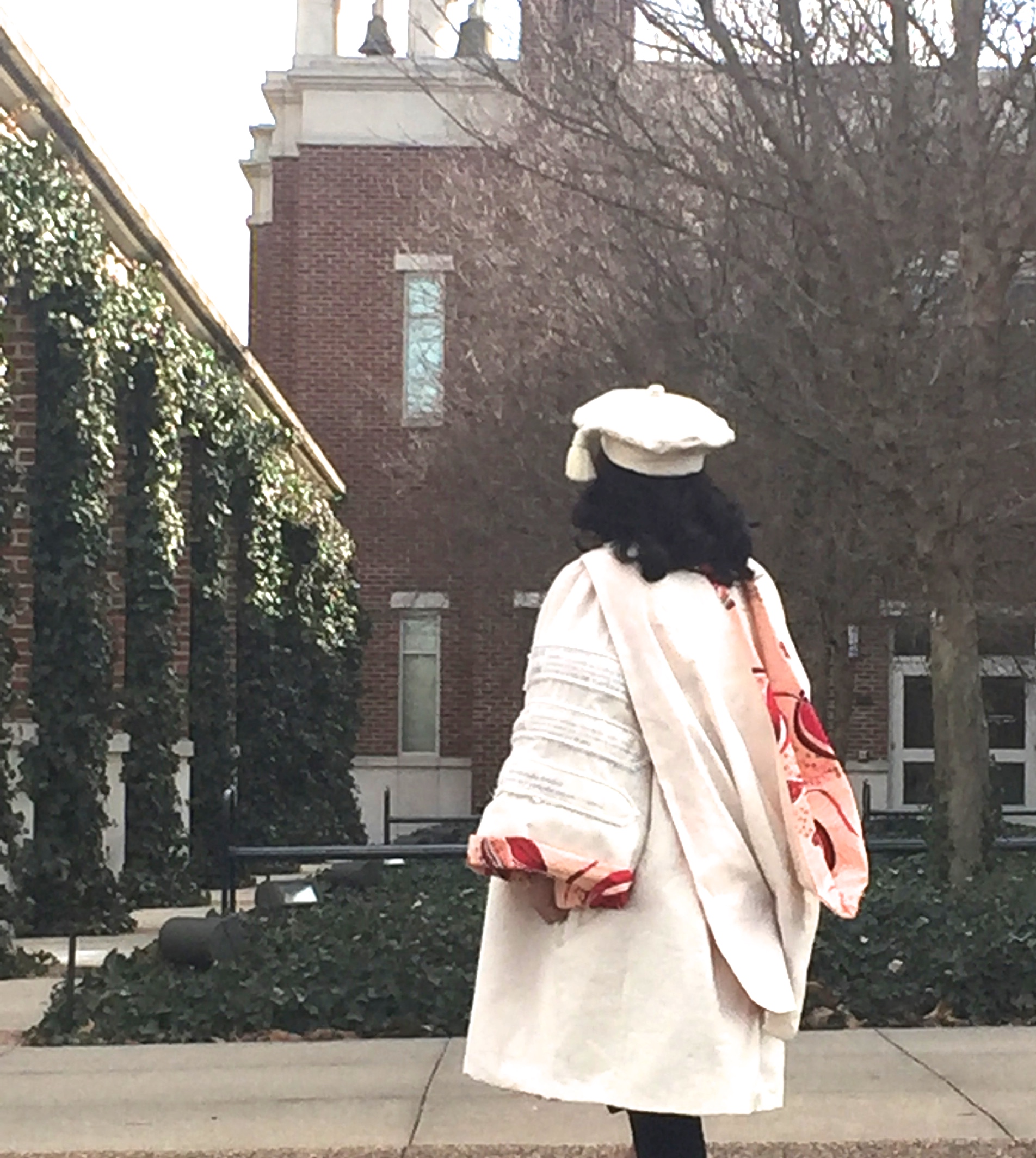phi·los·o·phy
/fəˈläsəfē/
I approach teaching, research, and artistic praxis as interconnected acts of care, refusal, and composition. My work is grounded in Black Studies, cultural studies, and geoaesthetic inquiry—frameworks that allow me to theorize and enact education as a space of imagination, possibility, and liberation (Benjamin, 2022). I ask: How do we prepare educators and artist-thinkers to move through the world with clarity, creativity, and ethical responsibility—especially in systems designed to render them invisible?
My philosophy of education has been shaped by years of teaching in under-resourced K–12 schools, higher education, and by the ongoing work of learning with and from students and artist-educators of color, and Black women and women of color scholars. Across these experiences, I’ve learned that education must be a space where learners are invited to make meaning from their own histories and geographies—not just absorb predetermined outcomes. My commitment is to cultivating what I call compositional pedagogies—practices that refuse linearity, center lived experience, and imagine liberatory futures through artistic and theoretical experimentation.
Currently, I teach and mentor pre-service and in-service art educators to critically reflect on the visual, spatial, and cultural dimensions of their teaching practices. This includes engaging with visual culture, critical mapping, poetics, archival recovery, and visuo-sonic storytelling. I encourage students to consider how race, gender, geography, and power shape not only what we teach, but how we teach, where we teach, and for whom. My pedagogical practice emphasizes collaborative inquiry, Black geographies, public-facing research, and arts-based methods as a way to honor multiple forms of knowledge.
Projects like Visualizing Archives: Digital Storytelling as Arts-Based Research, Aesthetic Movements reflect this orientation—positioning podcasting, sensory writing, and other forms of creative practice as legitimate forms of inquiry and public pedagogy. My role, as I see it, is not only to teach content, but to hold space for learners to name, remember, and reimagine.
I believe deeply in the co-labor of knowledge. My classrooms are designed as collaborative environments where students are encouraged to bring their full selves, experiment with form and thought, and challenge the assumptions that often limit what counts as art, as research, and as education. Whether working in university classrooms, museum spaces, or community-based arts settings, I remain committed to cultivating environments that affirm the dignity, complexity, and creative brilliance of all students—with particular care (Sharpe, 2013) for those historically excluded from dominant narratives.
Benjamin, R. (2022). Viral justice: How we grow the world we want. Princeton University Press.
Sharpe, C. (2016). In the wake: On blackness and being. Duke University Press.

